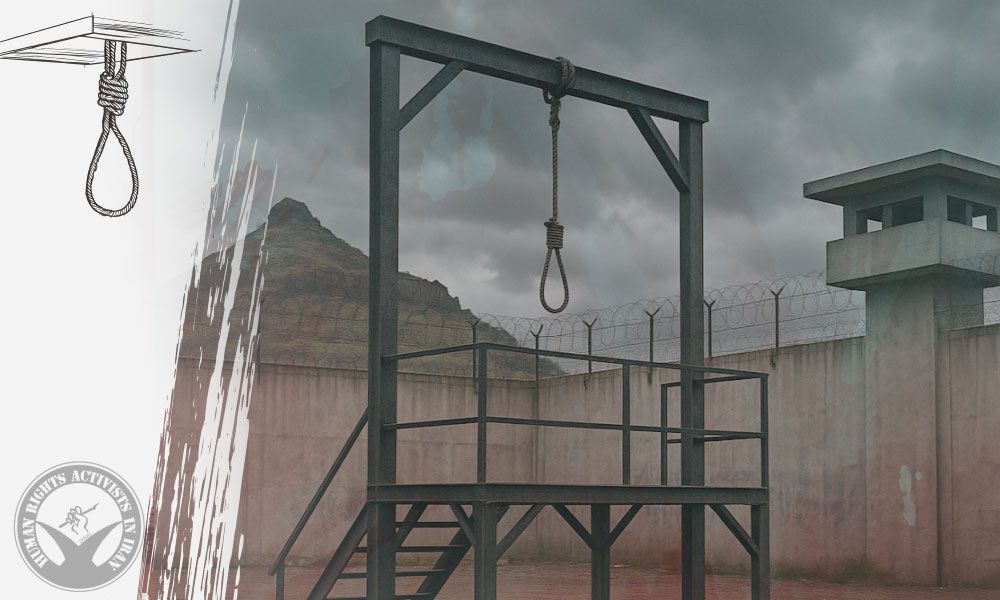HRANA – At dawn on Thursday, September 11, the death sentences of an Afghan couple, previously convicted on drug-related charges, were carried out in Qazvin Prison.
The couple, identified as Younes Mazaarshams, 46, and his wife Hadigheh-Abadi, both Afghan nationals, were hanged at dawn on Thursday, September 11.
They had been arrested on drug-related charges and later sentenced to death by the Revolutionary Court. According to the report, the couple was originally from Herat and had lived in Iran for 20 years. They worked as caretakers in the Taleqan area of Karaj. A few months after their arrest, their three children were handed over to Afghanistan.
As of the time of this report, the executions have not been officially announced by prison authorities or state institutions.
According to HRANA’s report, in 2024, over 52 percent of executed prisoners had been convicted on drug-related charges. Over the past ten years, individuals convicted of drug trafficking have accounted for 40 percent of all executions. Unfortunately, HRANA’s statistics show no progress in reducing executions for drug-related offenses.




